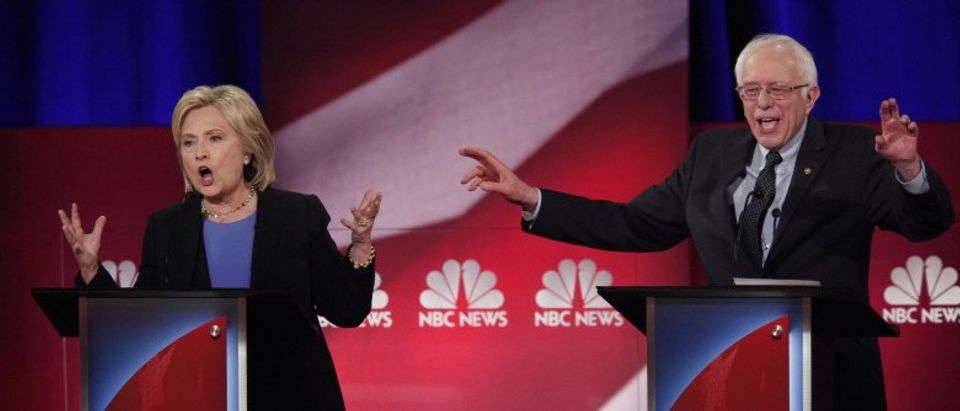Longtime Democratic campaign consultant Robert Shrum says that the party’s superdelegate system is “fundamentally undemocratic” and should not exist.
Shrum, who managed campaigns for Al Gore, John Kerry and others, also called the controversial system “cushy patronage for party officials and past political officeholders.”
“They’re fundamentally undemocratic,” he told The New York Times of the 714 party officials and former leaders who help select the Democratic presidential nominee. “They shouldn’t exist, and it would be wonderful if we got rid of them.”
The system has come under fire during the 2016 primary, largely from supporters of Vermont Sen. Bernie Sanders. The political outsider has the support of just 31 superdelegates. That’s compared to Hillary Clinton, who is backed by 469 superdelegates.
Clinton’s stable of superdelegates gives her 20 percent of the total number of delegates she needs to win the nomination. That’s why her campaign has called the superdelegate cushion a firewall against Sanders, who has support among the party’s grassroots.
And protecting against an insurgent grassroots-backed candidate is exactly what the superdelegate was designed to do, a critical Shrum told The Times.
“Superdelegates are a poison pill that the Democratic Party has never swallowed, in the sense that they have never determined a nominee against the will of the voters,” he said.
The paper describes the origin of the system, which helped shift nominating power from primary voters to party bosses.
The party became concerned with its nominating process after President Richard Nixon trounced antiwar Democrat George McGovern in 1972. Ronald Reagan’s drubbing in 1980 of then-President Jimmy Carter, who was still considered an outsider, helped usher in a change to the system.
In 1981 the party asked then-North Carolina Gov. James B. Hunt to lead a commission to figure out how to recoup nominating power from primary voters. Thus, the superdelegate system was born.
Clinton and Democratic National Committee chairwoman Debbie Wasserman Schultz have defended the system.


